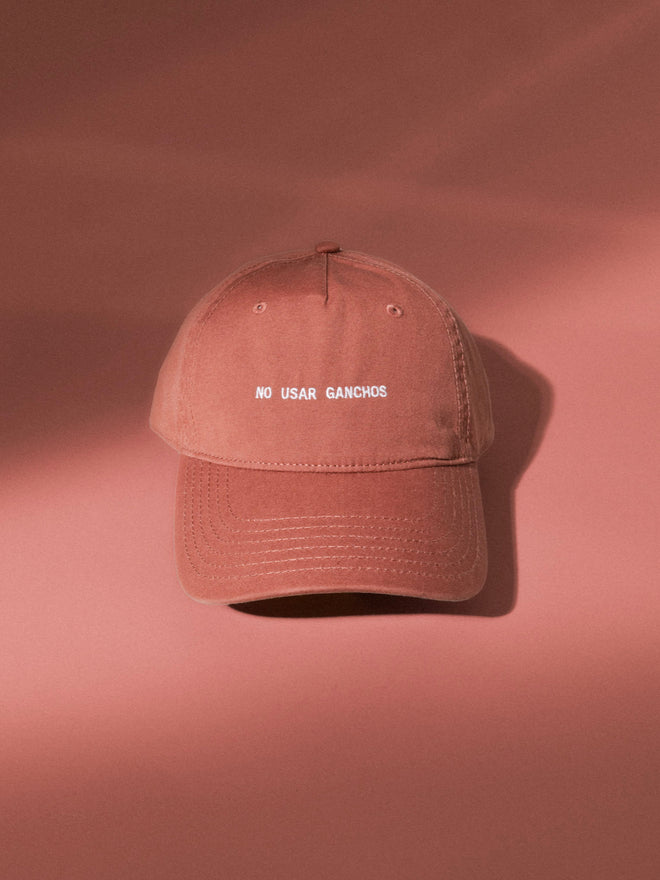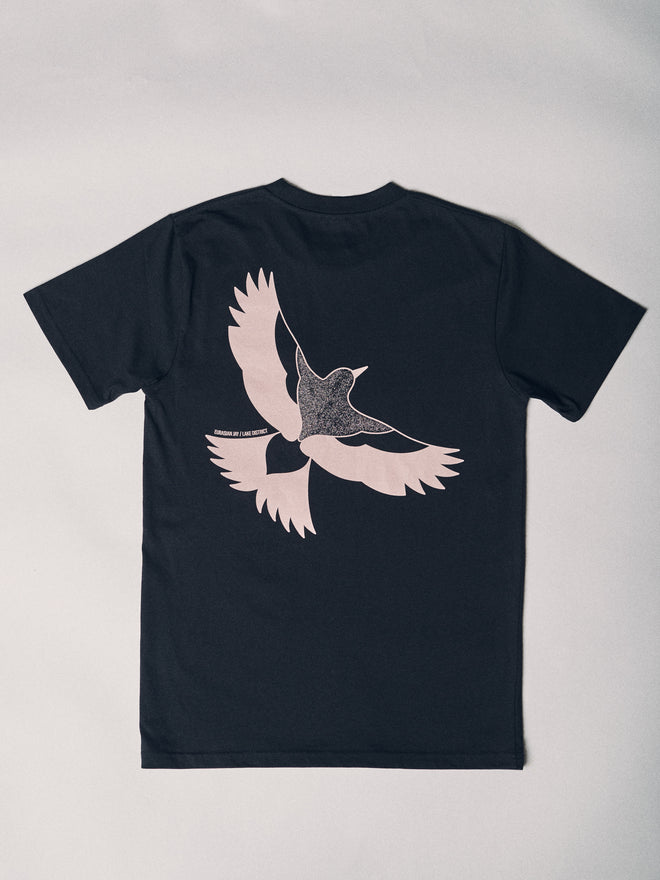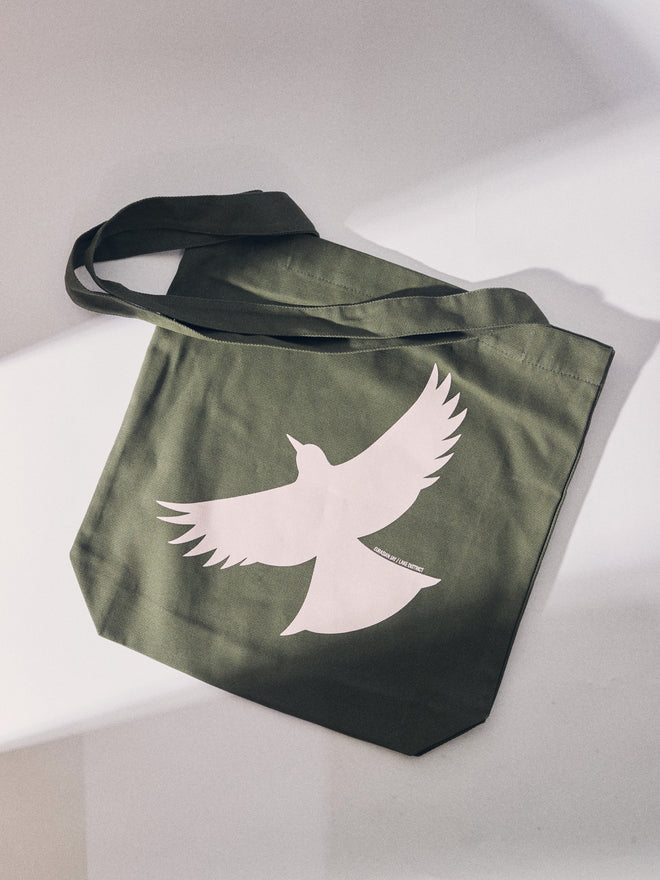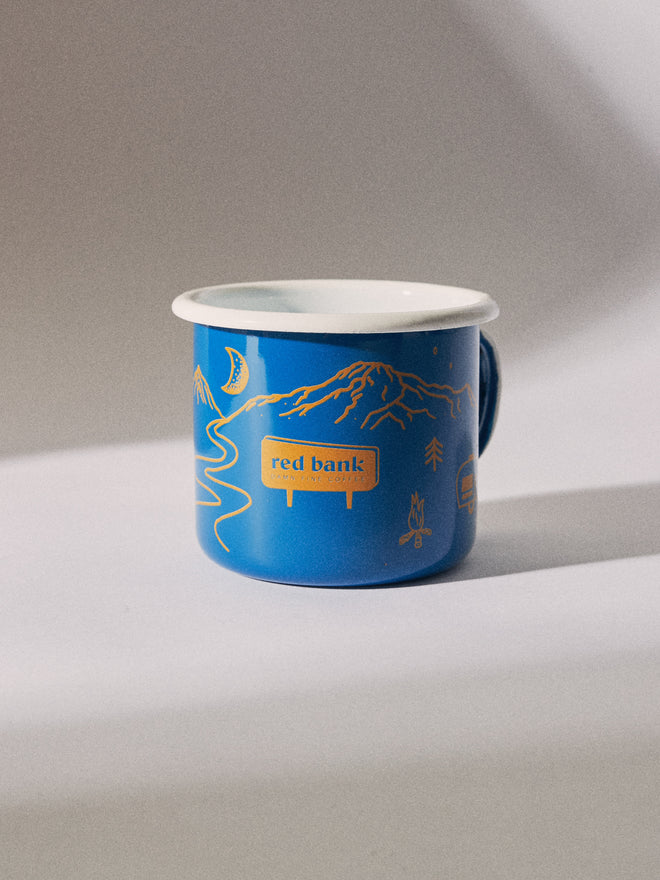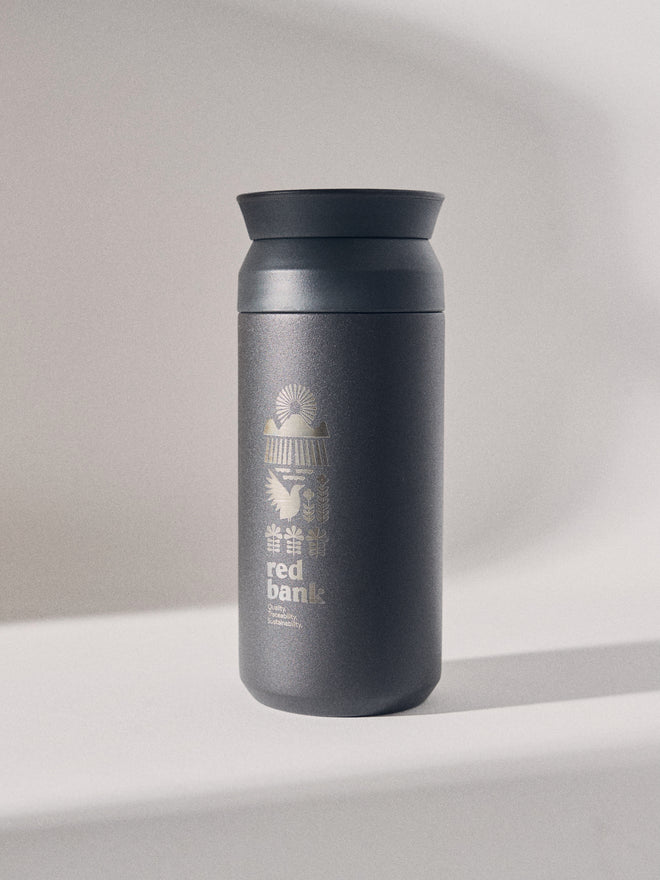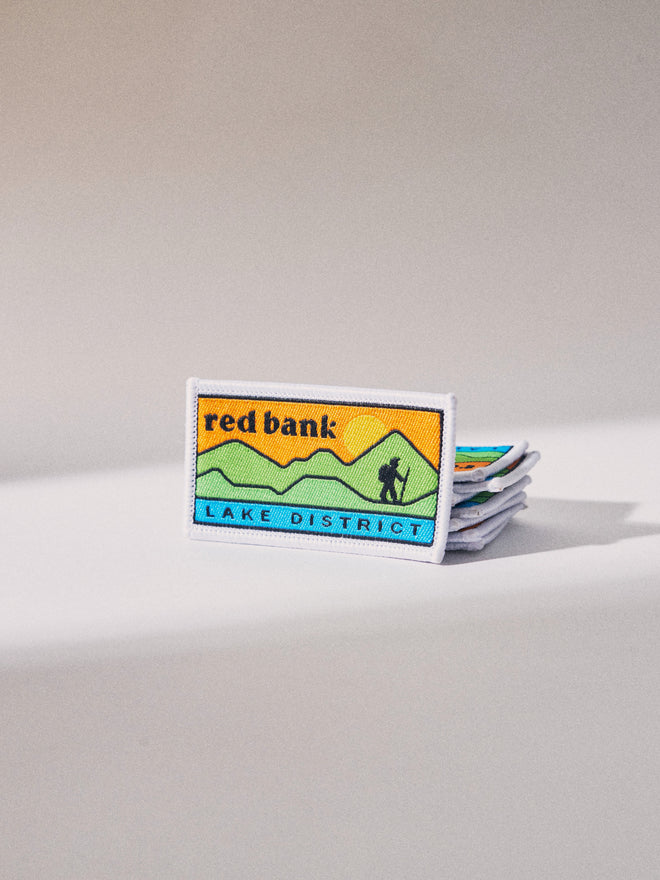Kiangoi is a washing station (or factory, as they are called in Kenya) located in Kirinyaga county, on the southern slopes of Mount Kenya. It is part of the Rungeto Cooperative Society, that also manages the nearby Kii and Karimikui factories. Kiangoi was established in the 1960s to serve the neighbouring Kiangoro and Karinga villages, and has established a reputation for producing some of Kenya’s most consistently high-quality, complex and flavour-dense coffees.
Kiangoi
£13.00
£48.00
Delivery Details
Orders received by 9am Monday / Thursday will be dispatched by Wednesday / Friday with Royal Mail Tracked 24 (or with DPD if over 2kg). Tracking information will be sent to the email and mobile provided at checkout on dispatch.
Our Packaging
Our 250g and 1kg bags are made from 83% post-consumer recycled material and are fully recyclable, including the valve and zipper.
Please put the entire bag in soft plastic recycling (LDPE - Plastic #4) along with plastic bags, bread wrappers and any other plastic film.
If you don't have your own kerbside LDPE recycling collection, you can find your nearest LDPE recycling point here.
It’s deep, intense and jammy, with subtle florals, and bursting with those hallmark notes of blackcurrant and vine tomato.
Origin Story
With regards to Kenya, we were specifically looking for that increasingly elusive classic Kenyan cup profile, and this lot delivers in spades. It’s deep, intense and jammy, with subtle florals, and bursting with those hallmark notes of blackcurrant and vine tomato.
Kiangoi receives cherry from around 1,150 smallholdings in the surrounding area. On delivery it is pulped, and graded into three densities. Grades 1 and 2 are considered higher quality, and are dry-fermented separately from the Grade 3 for 18-36 hours in concrete tanks under shade. The coffee is then washed, and further graded by density in washing channels, before being sun-dried on raised beds for 12 to 20 days. At the dry mill the coffee is then sorted again by size, this lot representing the AA separation of beans larger than 7.2mm in diameter.
Tom selected this lot, and another three coffees from a blind cupping of about 20 coffees from all over Kenya. By happy accident the other three coffees represent the AB selection from Kiangoi, as well as coffees from the other two Rungeto factories, Kii and Karimikui. We can’t wait to share these with you over the course of the coming months, but for now, let’s enjoy this stunning example of classic Kenyan coffee from Kiangoi.




